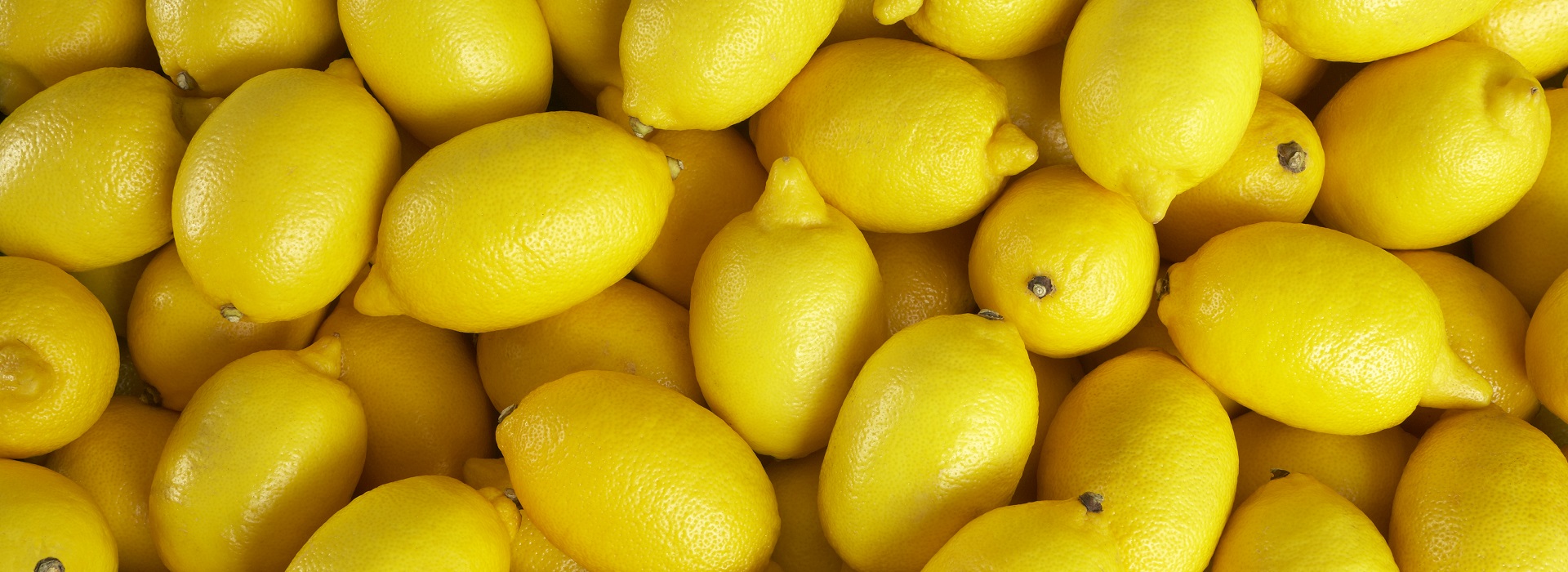
How peel could replace crude oil in plastics
We are exploiting the use of bacteria for the production of terpenes, present in citrus, turpentine and pine oils to replace crude oil in plastics.
The movement away from fossil-based raw materials is a key 21st century challenge. Terpenes, present in citrus, turpentine and pine oils, are an abundant and underutilised class of hydrocarbon based natural products.
There are several key areas we are working on. We are exploiting the use of bacteria for the production of terpenes, ultimately from waste sugars at elevated temperatures. With terpenes in hand from either fermentation or natural resources we are then upgrading them using various catalytic methods into useful building blocks and additives for the chemical and polymer industry. The challenge lies in translating the novel processes developed into flow in terms of kinetics and separation. Moreover we are establishing integrated technologies to scale up the processes we have developed, to achieve a detailed appreciation of the technical, and environmental factors.
By working across Chemistry, Biology and Chemical Engineering our work is able to look at the process holistically with work from each area informing and improving the direction of research in the other areas, rapidly progressing beyond first principles and leading to numerous publications and industrial collaborations.




